
This state-of-the-art laboratory makes sure that vehicles entering the EU market comply with environmental and safety requirements.

EU science is more than you imagine

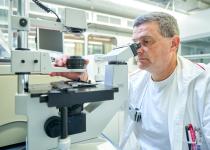
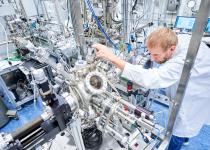
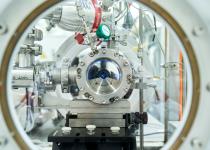
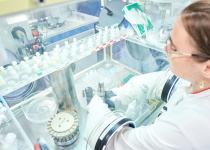
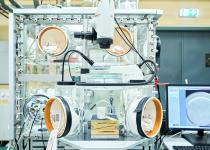
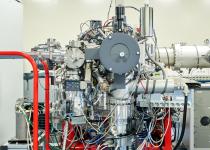
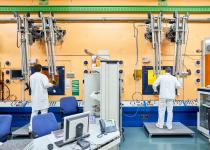
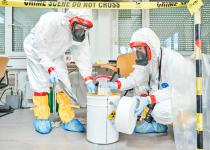

JRC Digital Media Hub helps you easily discover how the European Commission's Joint Research Centre (JRC) scientific research and advice are linked to our daily lives in the European Union.
You can explore our vast collection of animations, infographics, games, videos, virtual tours and other media by any science topic or Commission Priority according to your interests.
We are proud to tell about EU Science and open our doors to you. We invite you to explore and share our engaging digital content.

